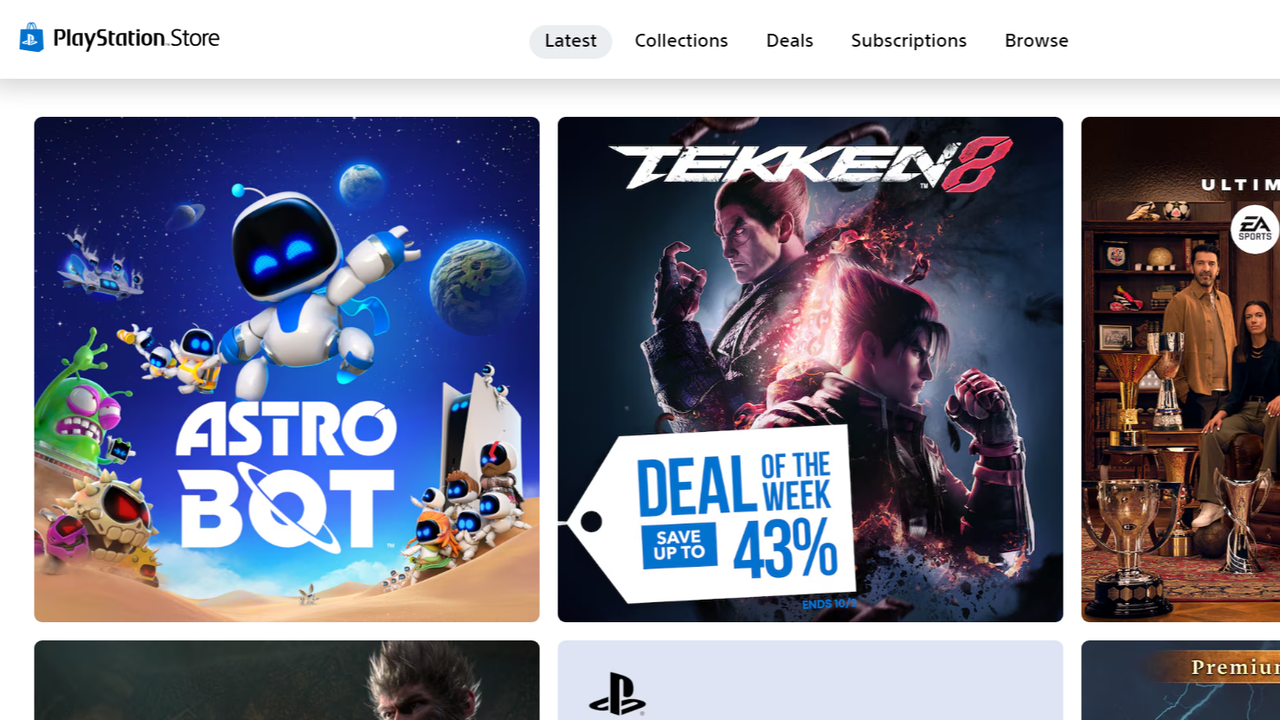California Governor Gavin Newsom has signed a bill into law that won’t stop companies from taking away your digitally purchased video games, movies, and TV shows, but it’ll at least force them to be a little more transparent about it.
As spotted by The Verge, the law, AB 2426, will prohibit storefronts from using the words “buy, purchase, or any other term which a reasonable person would understand to confer an unrestricted ownership interest in the digital good or alongside an option for a time-limited rental.” The law won’t apply to storefronts which state in “plain language” that you’re actually just licensing the digital content and that license could expire at any time, or to products that can be permanently downloaded.
The law will go into effect next year, and companies who violate the terms could be hit with a false advertising fine. It also applies to e-books, music, and other forms of digital media.



That would be very easy to weaponise, particularly against smaller companies. Once you’re dealing with lawyers, you need to assume that worst case scenarios will rapidly become the default. You also then end up with even more red tape, deciding who should pay what, prior to the trial even starting.
How could it be weaponized?
It costs money (relative to your company size) to do any legal action, a big company suing means they lose waaay more $ than the small opponent.
Same thing with the small guy, it’s not a lot of $ to sue but it’s still a big chunk of your business so you would want to avoid unless your pretty sure the law is on your side.
E.g. a competitor “encourages” multiple individuals to open cases. Perhaps with some “financial assistance”. Suddenly, the company is dealing with the costs of 10 cases. Even worse, they can no longer use economies of scale to cope (e.g. have an in-house lawyer). They are on the line for the complainant’s cost. The cases don’t have to go far, the company pays the opposing lawyers either way.
Also, if you can’t see how ambulance chasing lawyers couldn’t exploit a guaranteed payout system (to the lawyers at least), I would question your imagination.
Its not a required amount be brought to the tables. Its whatever amount is chosen by each gets split in half. Both sides could choose to barely represent themselves even.